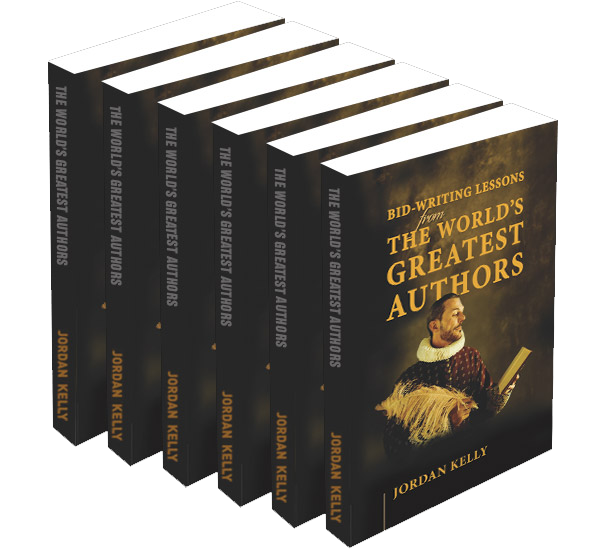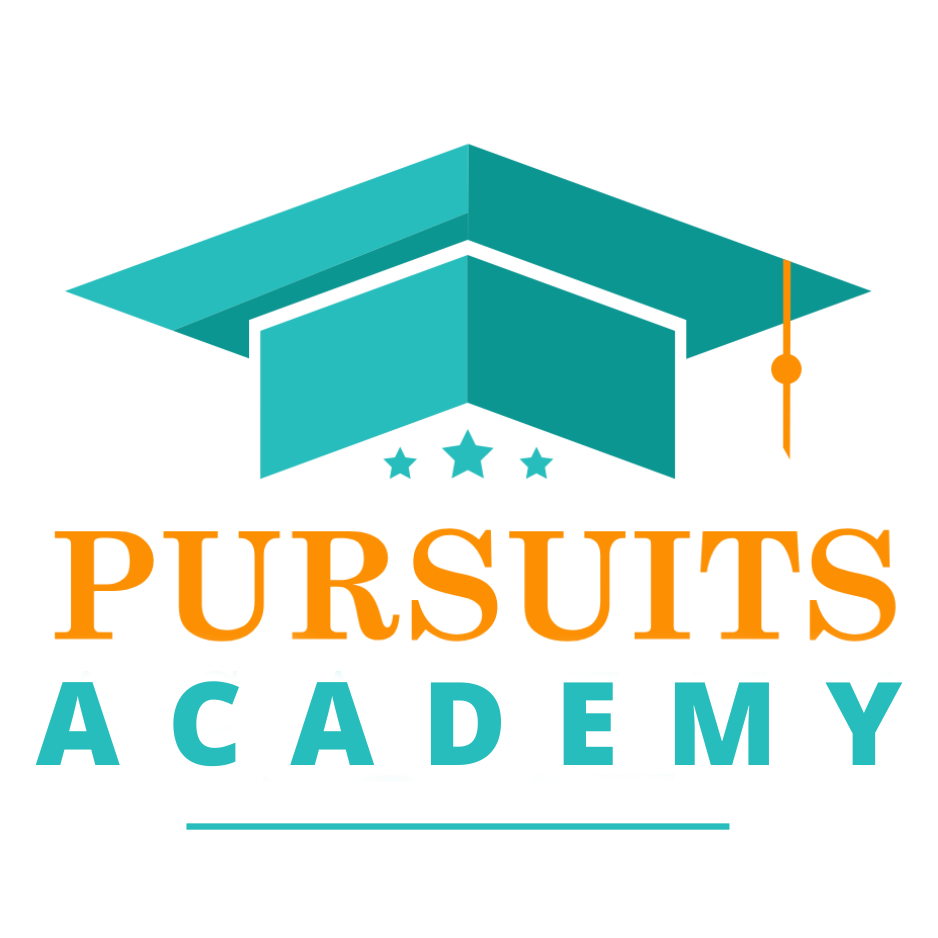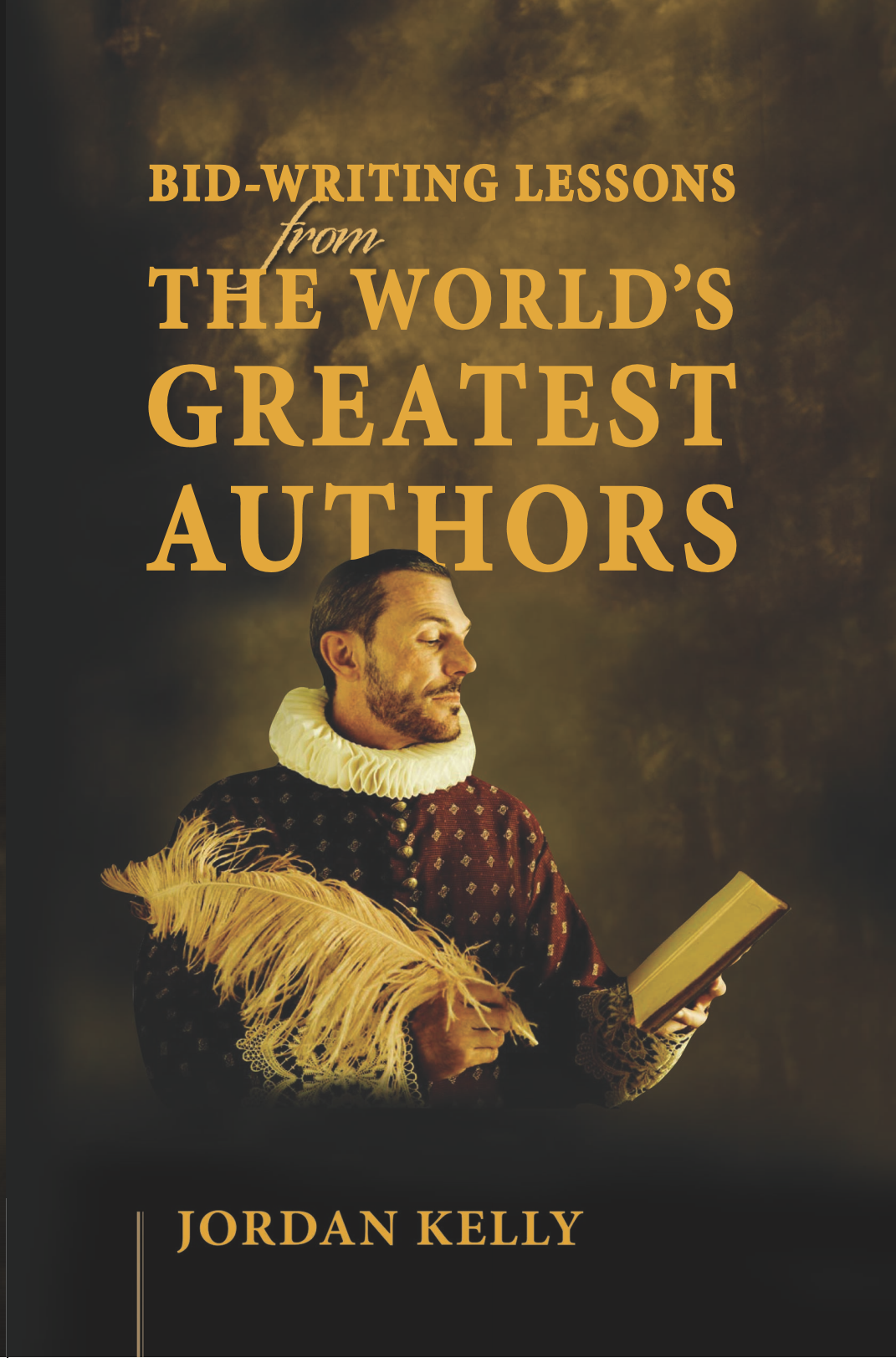CATEGORIES:

This advice is for those contributing content to a tender / proposal / bid or other form of submission, but who don’t write as a “day job”.
It’s too easy, and sometimes automatic, for subject matter experts or other “non-writers” to come to a bid-writing task with the mindset that, “No-one can expect too much from me; I’m not a professional writer.”
But that attitude both limits your thinking and your confidence and stymies your standards.
Instead, try moving all the way to the opposite end of the spectrum:
Write as though the whole world is going to read and savour every word you write, contemplate the sentiments underlying it and the strategy informing your piece, and be influenced to move by its convictions and the propositions it puts forward.
In 2000, Stephen King detoured briefly but potently into non-fiction, with the publication of his ‘On Writing: A Memoir of the Craft’ part-autobiography, part-guide book both for established writers and would-be writers.
In it, he explains his own attitude towards the written word:
“You can approach the act of writing with nervousness, excitement, hopefulness, or even despair – the sense that you can never completely put on the page what’s in your mind and heart.
“You can come to the act with your fists clenched and your eyes narrowed, ready to kick ass and take down names. You can come to it because you want a girl to marry you or because you want to change the world.
“Come to it any way but lightly. Let me say it again: you must not come lightly to the blank page.”
– Stephen King, ‘On Writing: A Memoir of the Craft’
What if you were to take King’s recommended approach to those written pieces you’ve been tasked with contributing to the bid team’s submission? Would it make a difference?
Writer’s Block
Perhaps you struggle with “writer’s block”?
See ‘How to Beat Writer’s Block’.
Just start. Somewhere. You can always go back and write skipped elements (even the introductory paragraphs) or re-write. And by the time you head back there, you’ll likely be on a roll.
What if your problem is simply discomfort with the whole process of writing?
King has the answer for that:
Read copiously.
“If you don’t have time to read, you don’t have the time (or the tools) to write. Simple as that.”
Write something every day, just for the sake of writing deliberately and with focus.
King himself writes at least 10 pages a day including Christmas, Independence Day, and his birthday.
When the Going Gets Tough – Push Through
And finally, don’t give up when the going gets hard:
King wrote the 1974 blockbuster ‘Carrie’, his first published book, while living in a caravan or – in North American terminology – a “double wide trailer”. Frustrated when he hit creativity Roadblocks, he threw the manuscript in his wastepaper basket. Later, his wife discovered it there, pulled it out, uncrumpled it, and read it.
The rest is history.
As he points out in ‘On Writing’, “stopping a piece of work just because it’s hard . . . is a bad idea.”
BID-WRITING LESSONS FROM THE WORLD'S GREATEST AUTHORS
(Book)
History’s literary greats have much to teach the writers of today. No-one, however, could benefit more from becoming a student of these masters of the written word than the commercial bid writer.
Their philosophies are enduring, and the principles that guided their work are as relevant to twenty-first century proposal professionals as they must have been to the disciples of their living years.
BID-WRITING LESSONS FROM THE WORLD'S GREATEST AUTHORS

(Six-Pack)
This illuminating (and fun) little read is an assembly of the enduring and pithily expressed wisdom of over 100 authors, strategists, philosophers and other accomplished figures.
It features 47 smart little lessons yours truly, on Research, Thinking & Strategy, on Writing, and on Editing, Re-Writing, Practice & Perfection – reinforcing the timeless advice of these sages.
Well worth putting one on the desk of everyone in your writing team.



